Ohio Farm Bureau Podcast: Racing to County Fairs and a Federal Policy Update
Get an update on what to expect at the county fair tracks this year, Plus, find out about legislation that will have a direct impact on farmers.
Read MoreBuckeye Farm News
By Amy Milam
Editors’ Note: This article is part of a tax education series designed to help members better understand the various parts of Ohio’s overall tax structure.
Usually, sales tax is collected by the seller at the time of sale. However, if the sales tax is not collected by the seller, a use tax equal to the sales tax that should have been collected must be paid by the buyer. This typically occurs in situations where an Ohio buyer makes a purchase outside of Ohio that would normally be subject to sales tax. Use tax may also be due when a purchase is made online and the seller did not collect Ohio sales tax. The current state sales and use tax rate is 5.75%. Additionally, each county, as well as regional transit authorities, may levy sales tax. However, the combined total sales tax rate may not exceed 8.75%.
What’s exempt and not
Exempt from the sales and use tax are sales of tangible personal property items purchased for qualifying farm uses, known as the agricultural exemption. Determining whether an item is exempt from the sales tax depends on its use. Under Ohio law, the agricultural sales tax exemption applies to most items that will be directly used, consumed or incorporated in the production of agricultural products for sale. Because of the diverse nature of products and their uses, there is no comprehensive list of items that qualify for the exemption. However, some examples of the exemption items are seed, fertilizers, insecticides, pesticides, tractors, plows and combines. Furthermore, portable grain bins, field tile, livestock structures and horticulture structures are specifically exempt from the sales tax.
The agricultural exemption does not apply to any item that is incorporated into real property, and materials such as lumber, nails, glass and similar items used in the construction or repair of buildings are subject to the sales and use tax unless they are to be incorporated into a livestock or horticulture structure. Other items that are not typically considered exempt include almost all motor vehicles licensed to operate on the highway, lawn mowers, weed eaters, chainsaws, home garden equipment and ATVs used primarily for recreation. OFBF has continuously worked to bring more clarity to this exemption, including ensuring it is properly applied to agricultural purchases as the law intends.
How to claim the ag sales tax exemption
In order to claim the agricultural sales tax exemption, the buyer must complete an exemption certificate. Those who regularly sell farm inputs or agricultural equipment typically have exemption certificates available at their store. They also are available online from the Ohio Department of Taxation. Two types of certificates are available: the sales and use tax unit exemption or the sales and use tax blanket exemption, depending on whether it is a one-time purchase from that particular seller, or whether you anticipate further farm purchases from that seller in the future.
Amy Milam is Ohio Farm Bureau’s director of legal education and member engagement.


Get an update on what to expect at the county fair tracks this year, Plus, find out about legislation that will have a direct impact on farmers.
Read More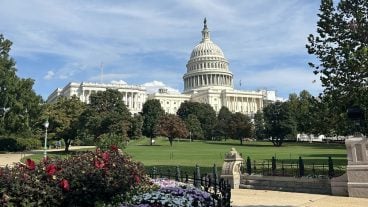
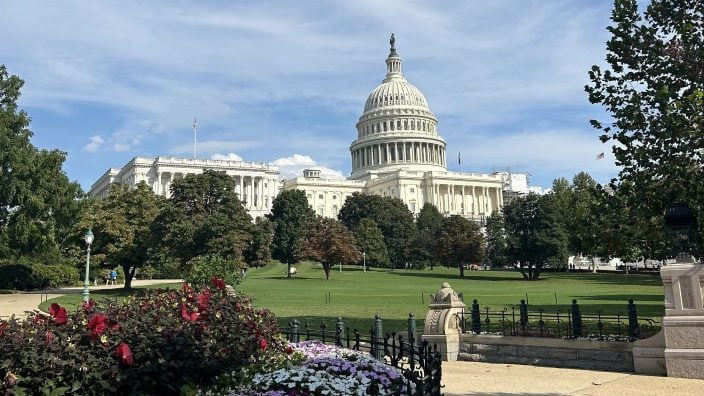
The proposed tax package makes permanent several provisions from the TCJA that were previously set to expire. It also expands upon these provisions to provide additional opportunities.
Read More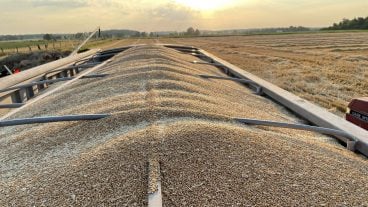
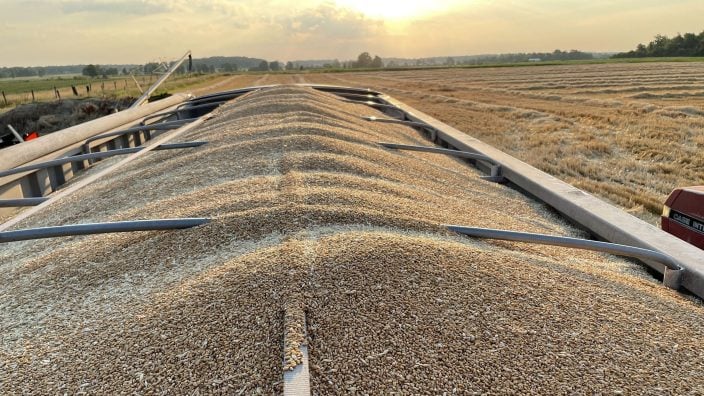
Who must pay the CAT tax? What are taxable gross receipts? How and when are CAT taxes due? This article provides a brief overview of Ohio’s Commercial Activity Tax obligations.
Read More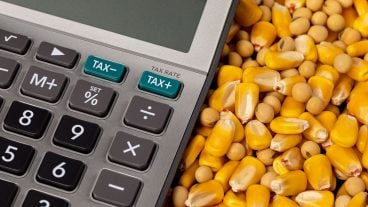
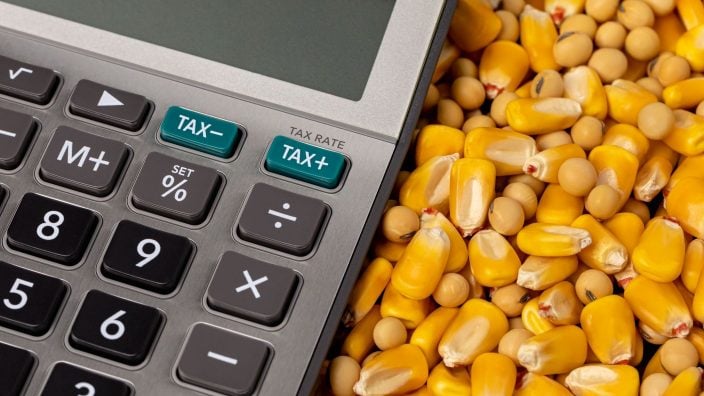
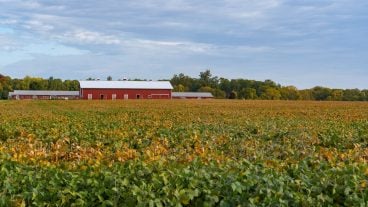
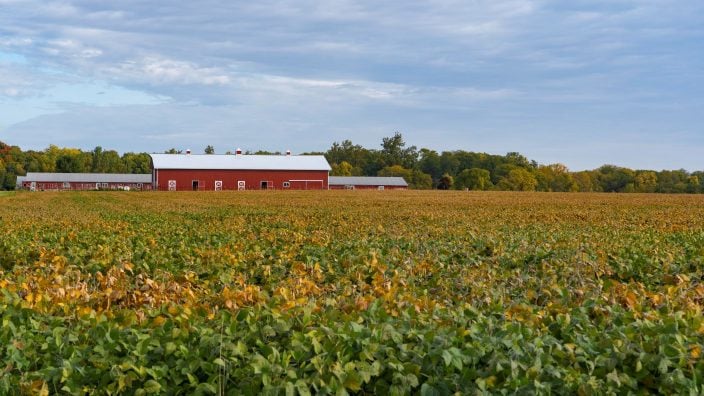
To ensure that your farm and family receive competent guidance, proactive scheduling will be critical in the early part of 2025.
Read More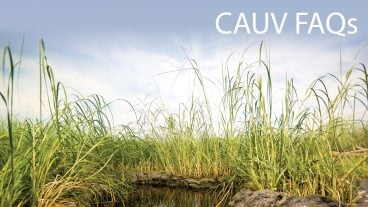
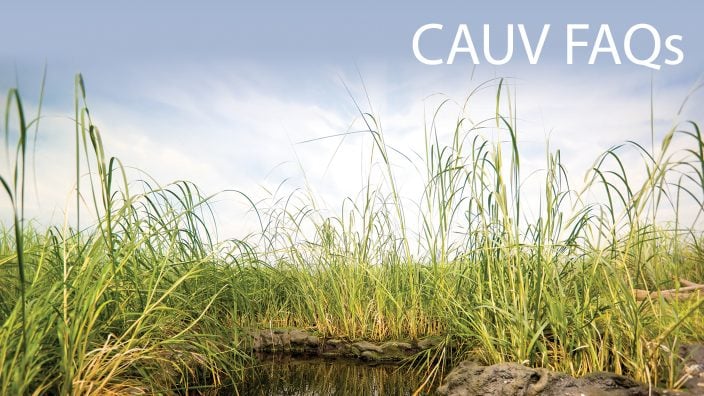
Ohio Farm Bureau is continuing to work multiple channels to address concerns around CAUV – particularly the issue of values spiking significantly.
Read More
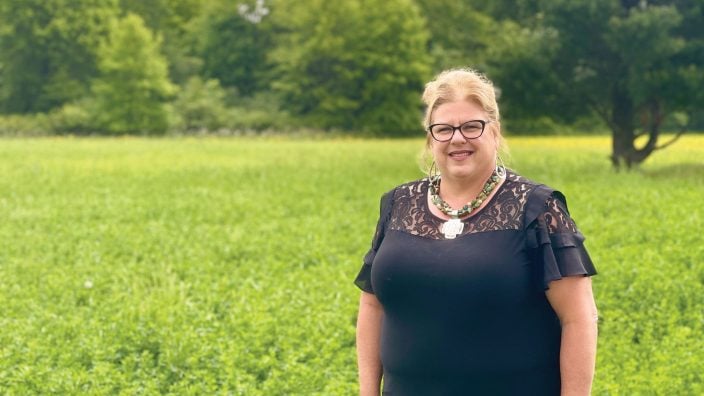
Kelly Tennant’s story starts as many others in agriculture do, but her current day job impacts Ohio ag more than most.
Read More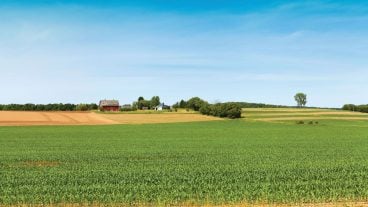
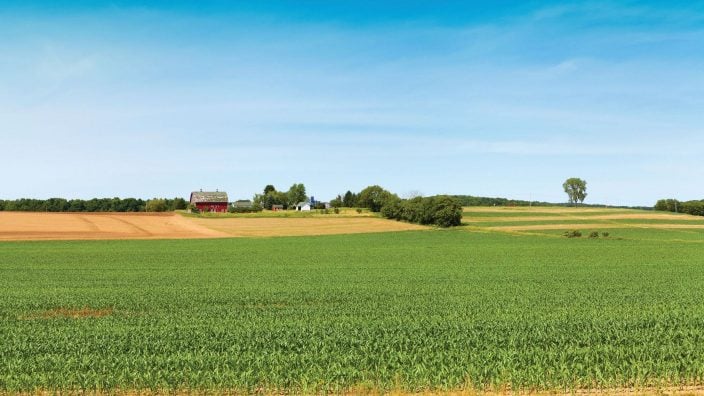
Learn more about eligibility and how to include conservation practices on CAUV enrollment forms.
Read More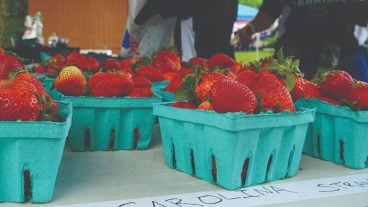
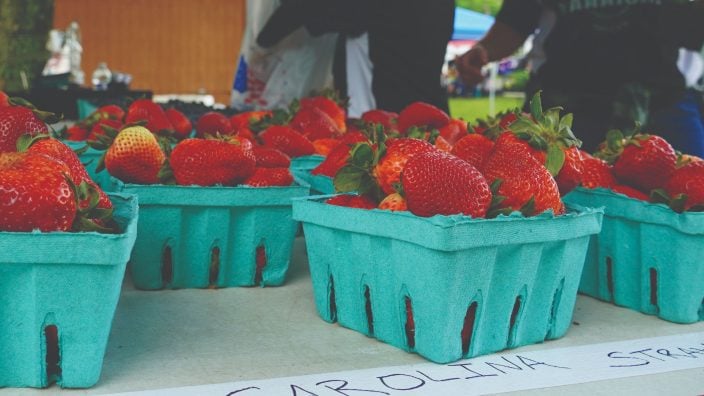
Bob and Polly Givens are on a mission to inform small landowners-homesteaders of the advantages of CAUV.
Read More

Mark DePugh was on the fence about renewing his CAUV enrollment, until he realized the amount of tax savings he would be missing.
Read More